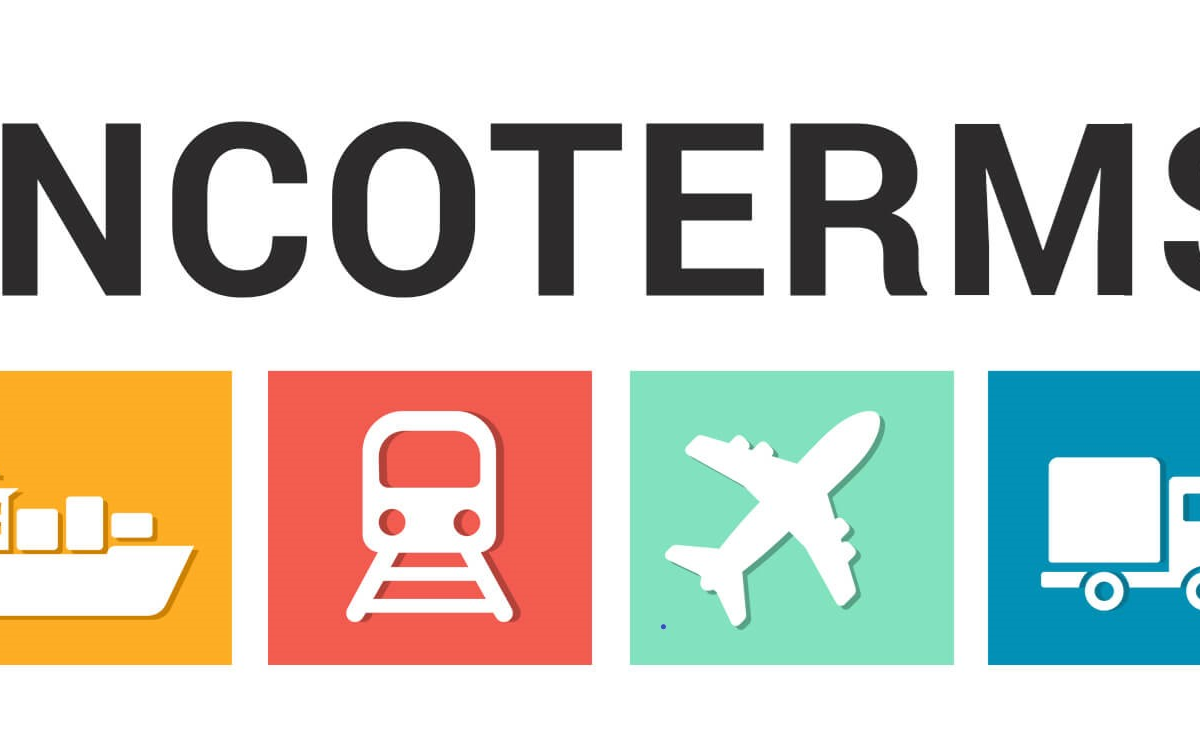
This article is written by Austin Garcia
Controversy Over U.S. De Minimis Rule
Entry Type 86 is a key provision. It is part of the U.S. de minimis rule. This rule is now central to import policy debates. It allows duty-free importation of small shipments. This has helped e-commerce grow quickly. However, it also raises concerns about oversight.
Imports Surge, E-commerce Grows
The de minimis rule changed cross-border trade. It allows duty-free shipments of $800 or less. Entry Type 86 helps this process. This system is very efficient. It is key for the e-commerce industry.
Data shows a huge surge in these imports. Shipments grew from 636.7 million in 2020. They reached 1 billion in 2023. By mid-2024, they are estimated at 705.1 million. De minimis rules now cover 94% of all import transactions.
China’s Role and Growing Concerns
China is a major source of these imports. It accounts for two-thirds of Section 321 shipments. Critics say Chinese companies exploit the rule. They use it to avoid tariffs. This program is seen as a “loophole.”
There is a lack of scrutiny. This creates other problems. De minimis shipments account for 90% of seizures. These seizures include illegal narcotics and fake goods.
Lawmakers Call for Action
Lawmakers are reacting to the data. Chairman Gallagher criticized the “exploitation” of the rule. He called for urgent congressional action. Bipartisan legislation was introduced in 2023. It would exclude non-market economies from the program. CBP is also stepping up enforcement. They are targeting illegal customs practices. They want to protect domestic industries.



